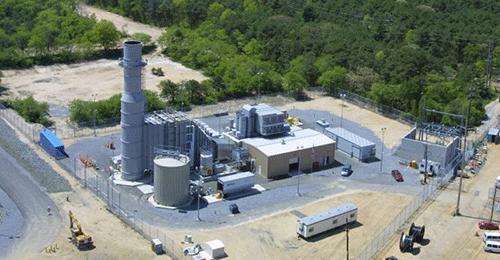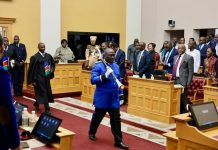Africa-Press – Namibia. Similar to most African countries, Namibia has abundant natural resources ranging from fish, forests and minerals.
The country’s gross domestic product has long been driven by the mining sector.
However, this appears to have failed to translate into social progression through poverty alleviation and inequality reduction.
Currently, there are new ‘kids’ on the block (oil and green hydrogen), which are also resource sector-based commodities.
The question still stands, should Namibians be excited and have hope that engaging in the extraction of the two will provide solutions to contemporary socio-economic challenges of unemployment, poverty and inequality?
The extraction of natural resources doesn’t always solve challenges faced by a country, but rather escalates them in most instances.
For example, most of the activities in the natural resource sector are capital intensive, hence they fail to create jobs at the desired scale.
Furthermore, such projects have high capital requirements, thus, only the wealthy economic agent (households and businesses) are able to invest and reap returns.
This eventually exacerbates the uneven distribution of resources.
Moreover, provided that the energy sector may appear lucrative, it may attract more investment than other important sectors, such as agriculture.
Therefore, the country is likely to experience either stagnant or reduced production in those sectors.
In other words, after oil discovery and green hydrogen, Namibia is likely to experience what is referred to in economics as a Dutch disease.
Just as the diamond industry faces threats from synthetic diamonds, the oil and energy industries are not exempted from high sensitivity to external shocks or volatility.
Thus, thriving and dependency on oil and energy industries poses a high economic risk.
Hence, it is crucial that such extraction activities are accompanied by measures, mechanisms and policies to shield Namibia from the resource curse.
Despite good policies, such as a local content policy (in its draft form), the government needs to fast-track local capacity building so that locals can take up opportunities (by supplying inputs – for example – skills and intermediate goods) in the resource sector.
It is equally important that projects must be implemented in a manner that allows for smaller investments to assist in narrowing the gap between the rich and poor.
Fiscal authorities should optimise revenue collection in the resource sector and invest the collected revenue in other sectors, such as agriculture, education and health. This not only ensures inter-generational equality but also eliminates the possibility of Dutch disease.
For More News And Analysis About Namibia Follow Africa-Press






